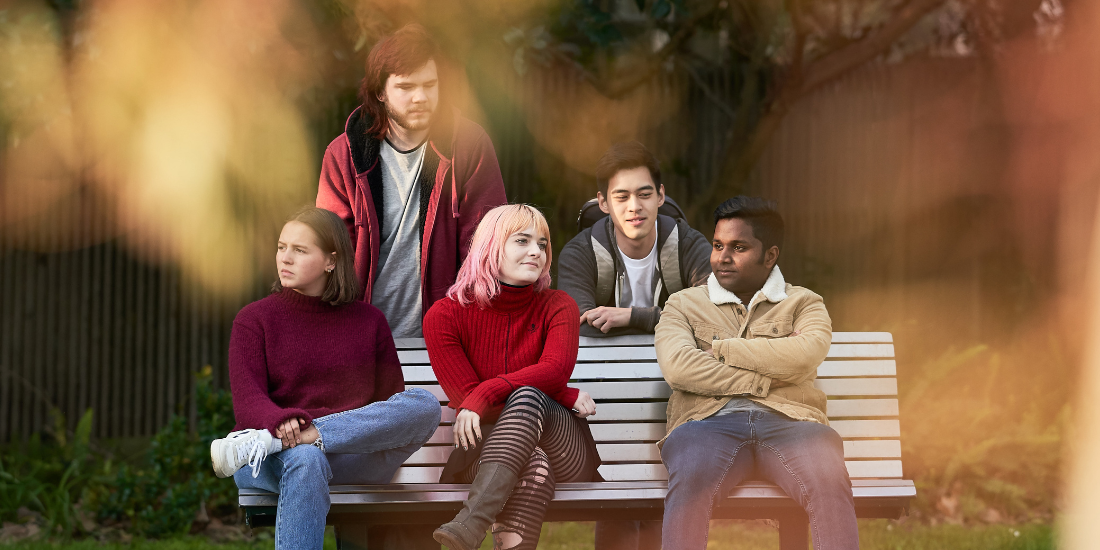
Young people facing climate distress will benefit from fast-tracked access to innovative mental health care thanks to a major new grant from the National Health and Medical Research Council (NHMRC) aimed at addressing the health impacts of climate change.
The newly funded project, co-led by Associate Professor Caroline Gao from Orygen and Associate Professor Rebecca Patrick from the University of Melbourne, has been awarded nearly $1 million to deliver the ‘Platform for Research and Interventions in youth Mental health and the Environment’ (PRIME), which will allow researchers to develop, implement and evaluate mental health interventions in real-world settings addressing the increasing impact of climate change.
Associate Professor Gao said this strategic approach would not only position Australia as a leader in public health related to climate change, it would also enhance the country's research and implementation capabilities.
“Despite escalating rates of mental ill-health in young people, exacerbated by climate-related distress, there is a lack of evidence-supported interventions that specifically target the psychological impacts of climate change,” A/Prof Gao said.
“We’ve seen numerous innovative solutions emerge to support young people with these challenges, but despite their strengths, these initiatives face significant barriers when we try to evaluate them or roll them out at scale.”
Dr Jana Menssink, PRIME’s investigator and program manager, said the project will offer a better way of measuring the outcomes of mental health interventions, so they can be improved and scaled up quickly.
“Currently it takes an average of 17 years to get research turned into practical solutions, and we urgently need to change that,” Dr Menssink said.
“We will focus on interventions delivered to young people in schools and other group settings, such as ‘climate café’ – which Orygen has been running locally in partnership with Museums Victoria – and which offer spaces for young people to come together with science and mental health experts for open conversations about the climate crisis.
“PRIME will serve as an accelerator by supporting diverse initiatives efficiently and effectively through a comprehensive platform that streamlines and standardises processes.”
The project will also establish a youth and community advisory network to drive priority-setting, innovation, design, evaluation and implementation of targeted interventions in climate-related youth mental health.
A/Prof Gao is co-leading the project with researchers from Orygen, the University of Melbourne, Victoria University, the University of Sydney and the University of Canberra, with the research team also partnering with organisations Museums Victoria, Youth Affairs Council Victoria, Psychology for a Safe Climate, Mission Australia and STOPP/The Feds Australia.
The grant is part of almost $11 million in funding from the National Health and Medical Research Council’s (NHMRC) to build Australian research capacity in climate change and related health impacts.